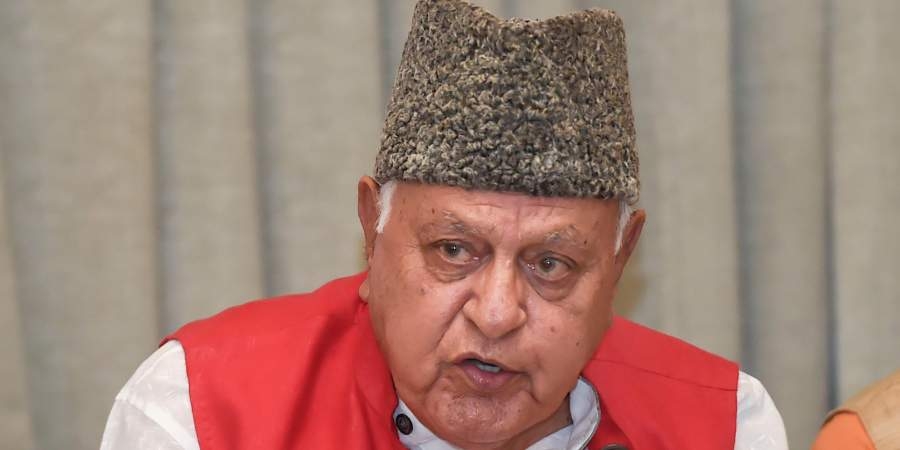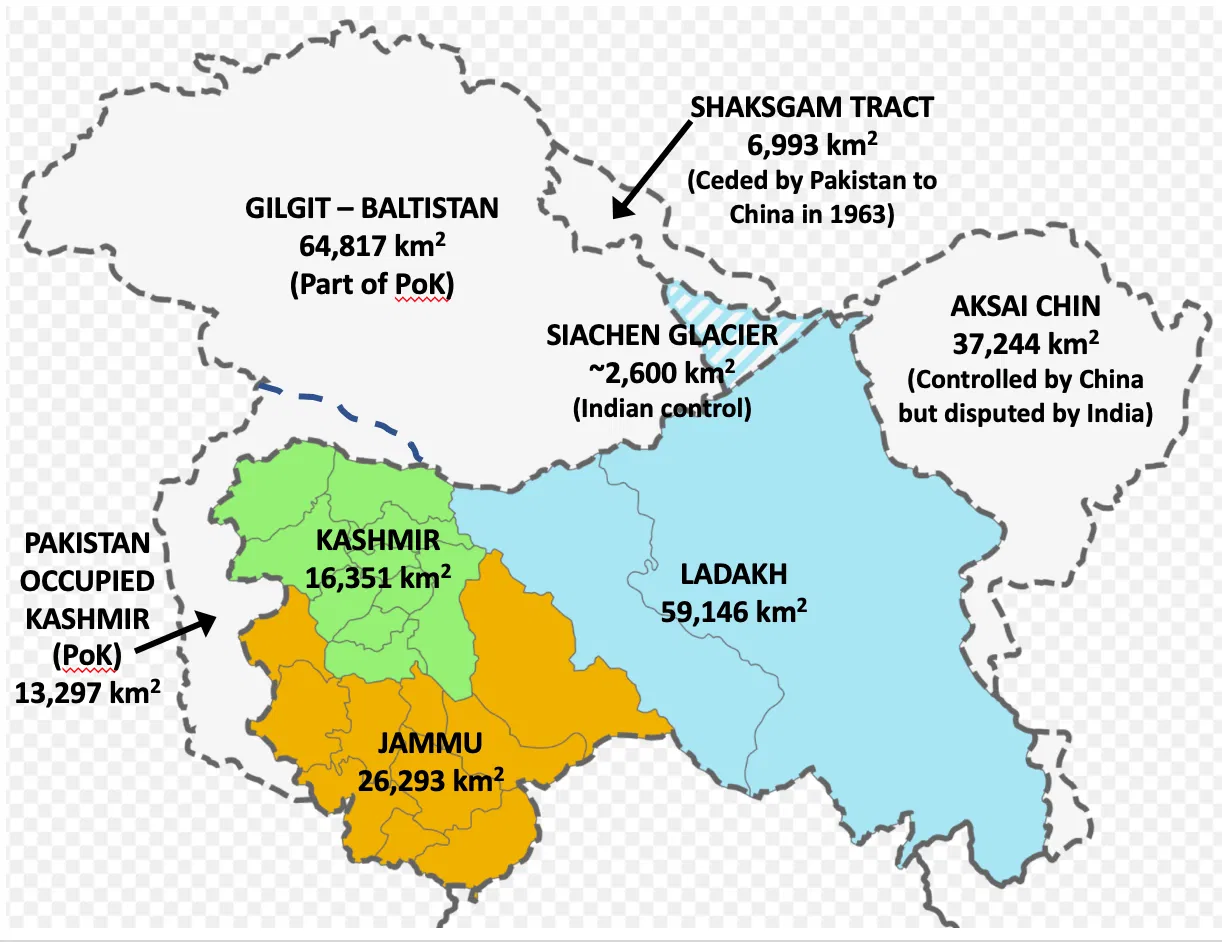NC Chief Calls for Justice Amid Growing Controversy Over Minority Rights
Srinagar, 07 April 2025: A Legal and Political Battle Unfolds
National Conference (NC) President Farooq Abdullah has termed the Waqf (Amendment) Act as “unconstitutional,” expressing hope that the Supreme Court will deliver justice on the matter. Speaking to reporters in Ganderbal district, Abdullah reiterated his party’s opposition to the Act, which has sparked widespread criticism for allegedly undermining the autonomy of Waqf properties and minority rights.
The Waqf Act Controversy
The Waqf (Amendment) Act, passed by Parliament and signed into law by President Droupadi Murmu, has been challenged in the Supreme Court by multiple petitioners, including political leaders and religious organizations. Critics argue that the Act infringes upon the constitutional rights of the Muslim community, particularly their ability to manage religious and charitable properties.
Farooq Abdullah stated, “NC is against this Bill. We think it is unconstitutional, and parties have gone to the Supreme Court. We are hopeful that the Supreme Court will do justice.”
The Act has been described by petitioners as a “direct attack” on the Constitution, with claims that it violates fundamental rights such as equality, religious freedom, and the right to manage religious affairs.
Speaker’s Decision Sparks Assembly Tensions
The controversy over the Waqf Act has also played out in the Jammu and Kashmir Assembly, where Speaker Abdul Rahim Rather refused to allow a debate on the matter, citing its sub judice status. This decision has drawn criticism from opposition parties, who argue that the Assembly should have the right to discuss laws that directly impact the region.
Farooq Abdullah commented on the Speaker’s decision, stating, “The issue has reached the Supreme Court, which is why the Speaker did not allow a debate. We are hopeful that justice will prevail.”
Political Implications
The Waqf Act has become a flashpoint in Jammu and Kashmir’s political landscape, with opposition parties accusing the NC-led government of failing to take a strong stand against the legislation. Peoples’ Conference Chairman Sajad Lone criticized the NC for its handling of the issue, calling their protests in the Assembly “theatrics.”
Meanwhile, Union Home Minister Amit Shah’s visit to the region has added another layer of complexity to the political discourse. Shah’s interactions with local leaders and stakeholders have been seen as an attempt to address the growing discontent over the Act and other contentious issues.
Public Reaction and Legal Challenges
The Waqf Act has sparked protests across the country, with petitioners challenging its constitutional validity in the Supreme Court. The Act’s provisions, including the removal of “Waqf by user” and the inclusion of non-Muslims in Waqf boards, have been described as discriminatory and an infringement on minority rights.
Religious organizations such as Jamiat Ulama-i-Hind and Samastha Kerala Jamiathul Ulema have filed petitions against the Act, arguing that it undermines the autonomy of Waqf properties and facilitates their conversion into government assets.
Looking Ahead
As the Supreme Court prepares to hear the petitions challenging the Waqf Act, all eyes are on the legal and political outcomes of this controversy. Farooq Abdullah’s statements reflect the growing frustration among regional leaders and communities over the perceived erosion of minority rights.
The case serves as a litmus test for the balance between legislative authority and constitutional safeguards, with implications that could resonate far beyond Jammu and Kashmir.



